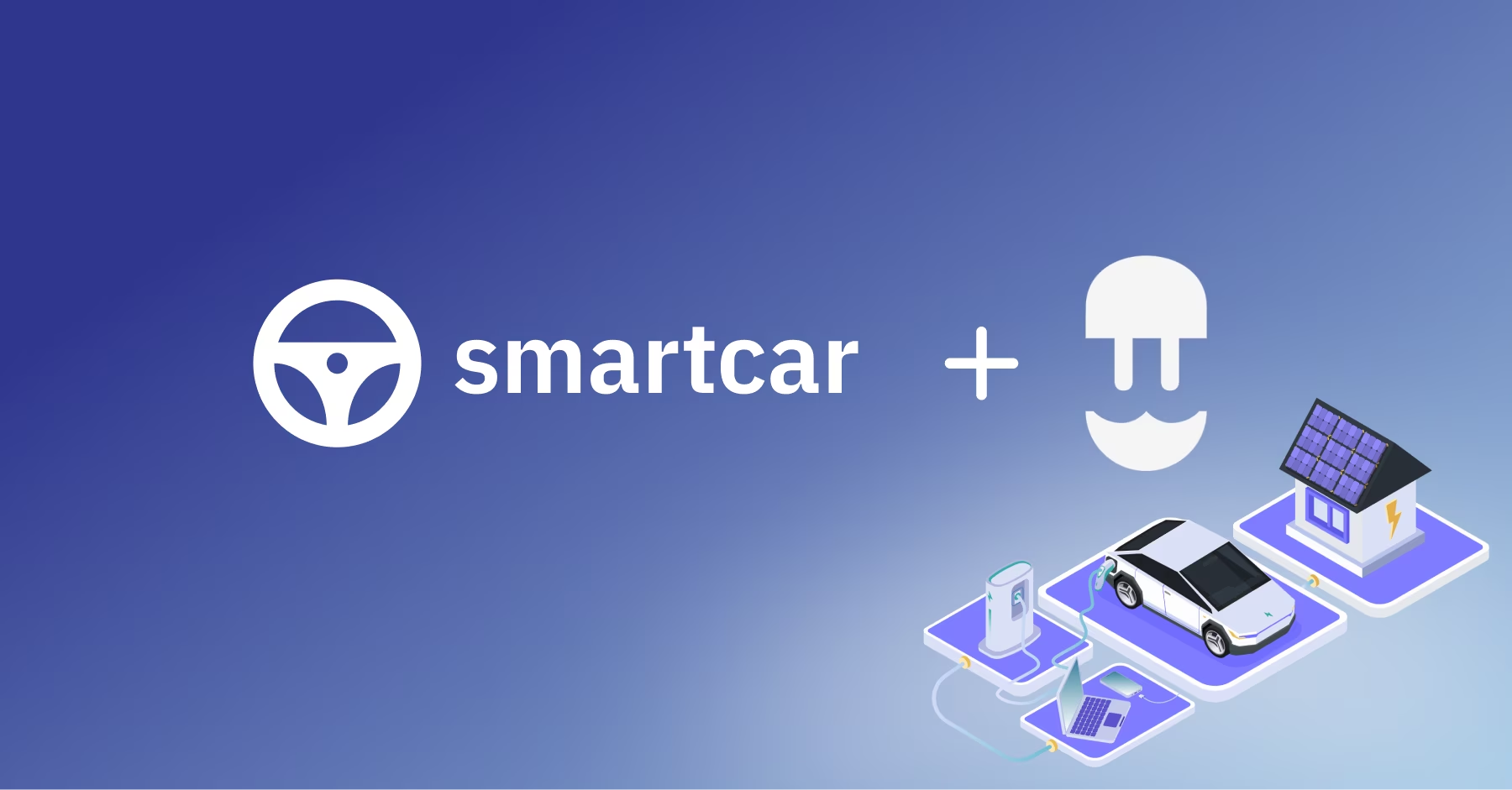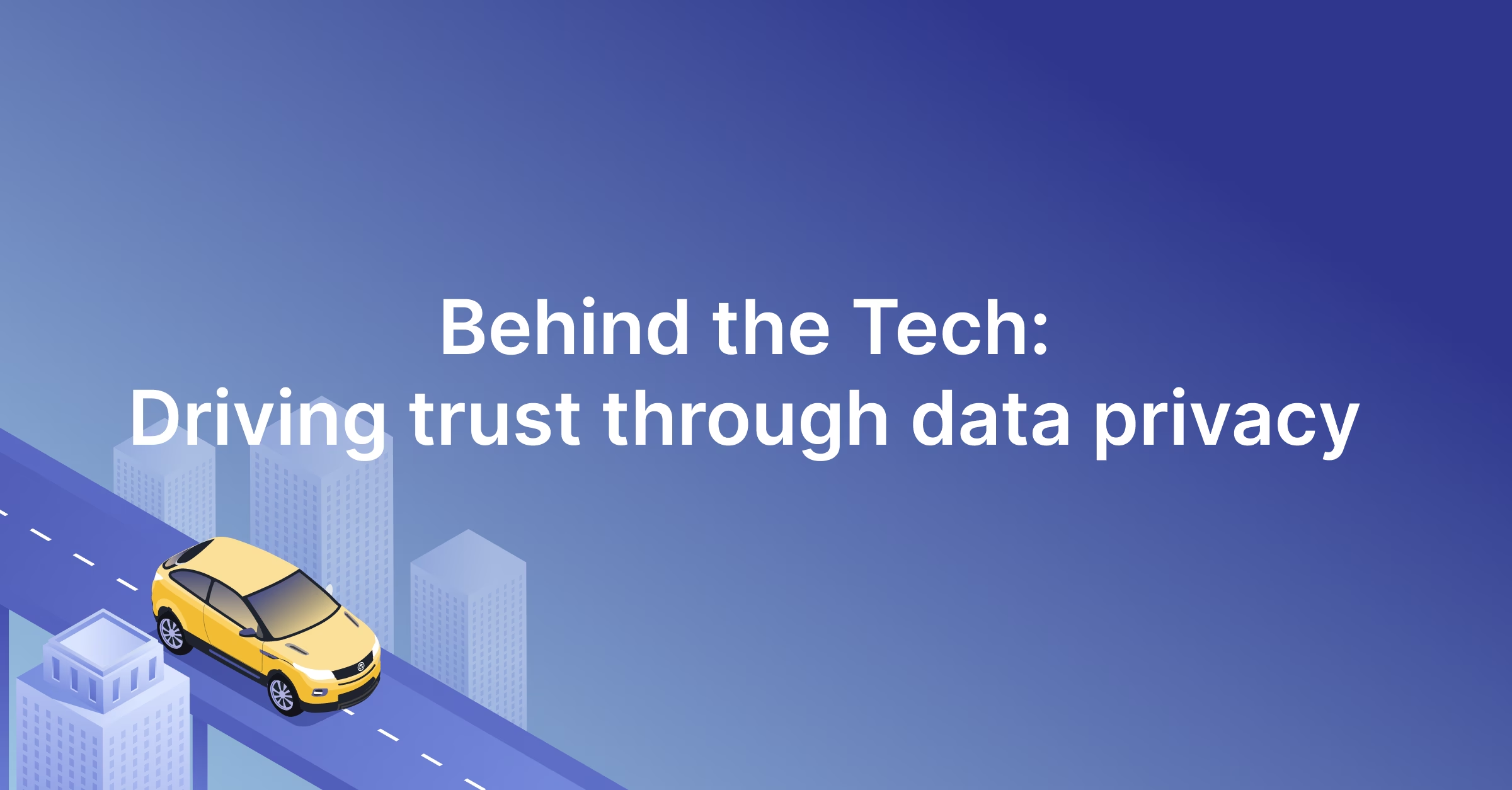Today, we’re thrilled to introduce v2.0 of the Smartcar API. This major update features enhanced error reporting, extensive error guides, a new API changelog, and improved Smartcar webhooks.
New features
✨ Enhanced error reporting
Smartcar’s API and webhooks now return errors in an updated format. We introduced new error types and codes that allow developers to investigate Smartcar errors more easily. v2.0 errors are also more specific and detailed than our v1.0 errors.
📑 Extensive API error guides
Alongside our new and improved API errors, we published extensive documentation that guides developers through understanding, troubleshooting, and testing v2.0 errors. We also included suggested user messages for all user-facing errors.
⚓Webhooks updates
Smartcar’s webhooks also received updates to verification and event payloads. The verification payload now includes the ID of the requested webhook and an `eventName` property. The `challenge` and `vehicles` properties are now nested under a `payload` property.
🆕 API changelog
The above updates are only the first round of changes to Smartcar v2.0. Visit our new API changelog to stay tuned as we refine this version and prepare it for a wider release.
How to get started
Both existing and new Smartcar customers can now use v2.0 of the Smartcar API by following these steps:

- Take a look at our error guides and API reference to familiarize yourself with our error types and codes. When visiting our API reference, please note the toggle at the top left of your screen. It allows you to switch between v1.0 and v2.0 of the Smartcar API.
- Follow the migration steps in our API changelog to switch from v1.0 to v2.0 (only existing customers need to complete this step).
- Specify “v2.0” in the URL when making an API request or use the applicable SDK methods.
If you have any questions, feedback, or just need help getting started, please don’t hesitate to contact our Customer Success team. To learn more about Smartcar, schedule a free demo today.




.jpg)

